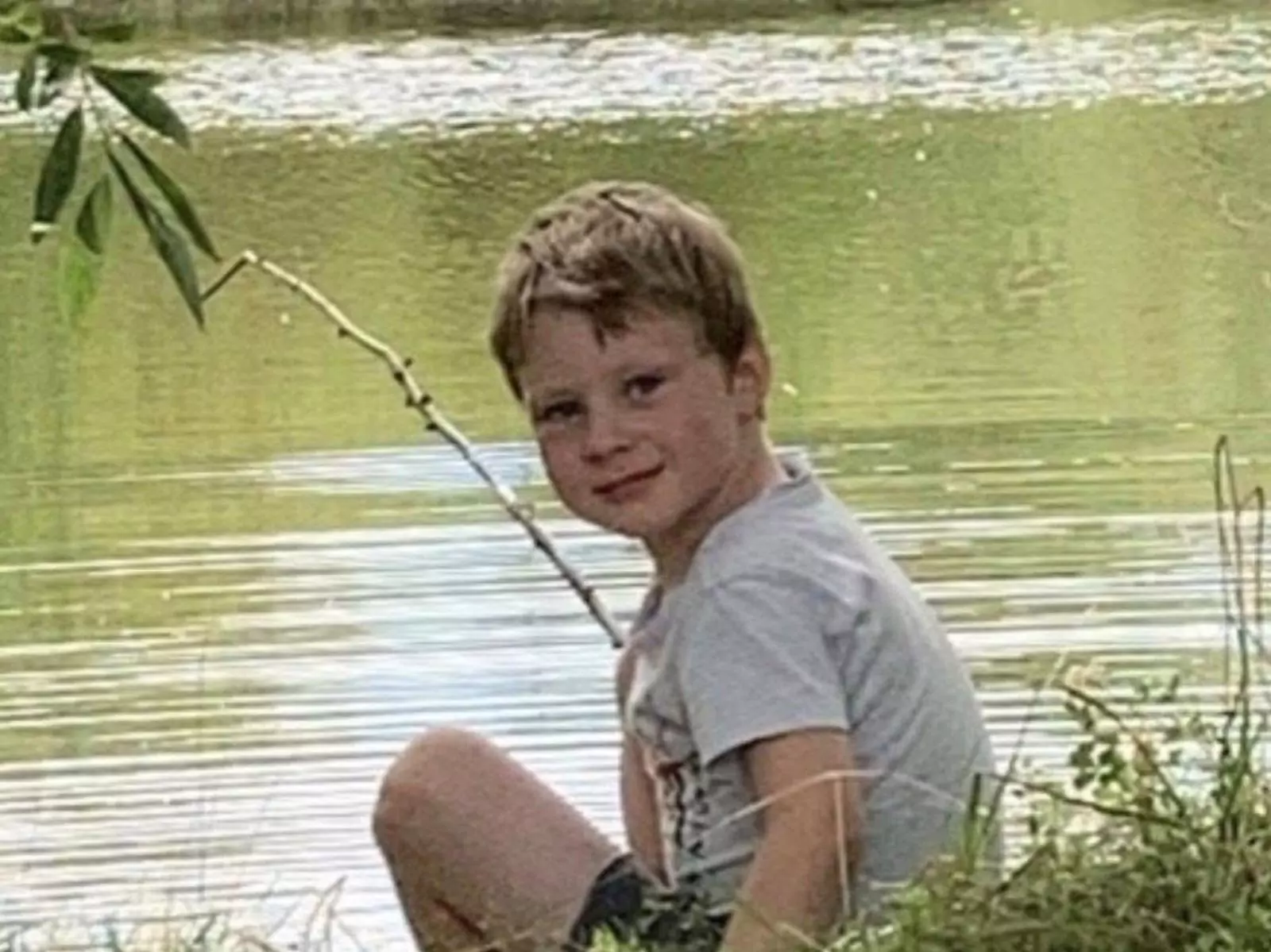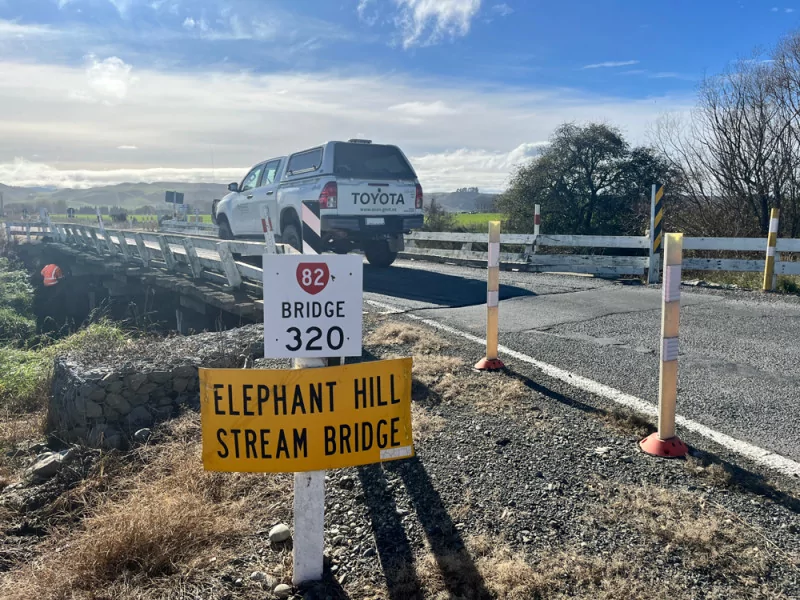Escaped youth tracked by Eagle helicopter, found hiding in New Brighton
The young person who escaped from a youth justice facility in Rolleston has been located...

Thousands of patients across New Zealand are expected to be affected by next week’s strike action by health workers, Health New Zealand Chief Executive Dr Dale Bramley has confirmed.
Dr Bramley said while hospitals, emergency departments, and some community services would remain open during the strikes on Thursday 23 October, services would be significantly reduced, with only a small number of staff providing life-preserving care.
“Health New Zealand is focused on maintaining safety for patients already in hospital and those needing emergency care,” Dr Bramley said.
The public is being urged to use emergency departments only for genuine emergencies, as those with non-urgent needs are likely to experience long delays. Crisis and acute mental health services will continue operating, but clinics will close and home visits will be cancelled.
Dr Bramley advised that patients needing emergency care should attend emergency departments as normal. Those requiring non-urgent care are encouraged to contact their GP or call Healthline on 0800 611 116.
He said patients in hospital would continue to receive safe care, and anyone not contacted directly should attend scheduled outpatient or community appointments as usual. People with mental health needs can call or text 1737, the national mental health and addictions helpline.
Health New Zealand estimated the strike action would affect more than 6,000 patients nationwide, including the postponement of over 900 elective admissions, 1,300 first specialist appointments, and more than 2,300 follow-up appointments.
Dr Bramley said the organisation was deeply concerned about the impact of the strikes on patients waiting for care.
“At a time when we are trying to improve access to care, these strikes reduce it,” he said. “Health New Zealand will reschedule affected appointments as soon as possible, but we recognise it will mean further delays for those who have already been waiting.”
He said all affected patients would be contacted directly by hospital, community, or public health staff.
Dr Bramley acknowledged workforce pressures and said Health New Zealand was actively recruiting to fill vacancies across the health system.
“Our latest data shows that in August, we were recruiting to fill over 4,000 full-time equivalent roles. In the same month, over 1,700 people accepted positions, which will have a direct impact on clinical services,” he said.
Dr Bramley said Health New Zealand remained committed to reaching a fair settlement with staff.
“We believe the outstanding issues need to be resolved through further bargaining, not strike action,” he said.
However, the Public Service Association (PSA) said nearly 17,000 of its health members – including allied health staff, mental and public health nurses, home support workers, and policy, knowledge, advisory, and specialist workers – would strike for safe staffing, fair pay, and conditions that allow them to deliver the quality care patients deserve.
The PSA said members across different parts of the health system faced similar challenges due to what it described as the Coalition Government’s austerity approach.
According to the union, Health New Zealand’s pay offers fail to address chronic understaffing that prevents staff from providing adequate care. It said recruitment delays have left services short-staffed, forcing health workers to take on double shifts and work unsustainably long hours, putting both patients and staff at risk.
The PSA also said the pay offers amount to real pay cuts during a cost-of-living crisis, increasing the risk of losing more health workers to Australia.
“Overworked and undervalued health workers cannot keep delivering the care patients need or deserve. Communities deserve timely care, at safely staffed services, in excellent clinics,” the PSA said.
“That’s why health workers are standing up for healthcare that looks after everyone.”


